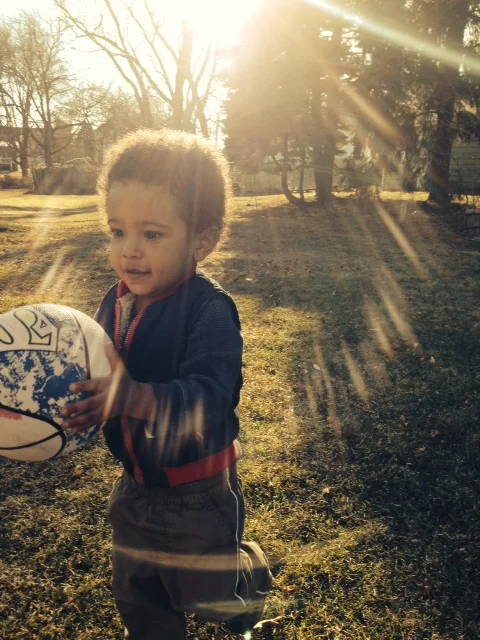I don’t typically take my spiritual advice from professional boxers. But one day while driving, I happened to hear part of an interview with pro boxer George Foreman (yes, the one who named all five of his sons “George”). With a stereotypical idea of what boxers are like, I was caught off guard by something he said. Actually “caught off guard” doesn’t really do it justice. I was quite touched!
Foreman was talking about his estranged relationship with his father, who was an alcoholic. Foreman said that one day he looked at his father and asked himself, “Do I want to have a father or not?” He realized his choice was to either forgive his father or just be without. He decided to forgive him even though it was very, very hard. Foreman went on to say that forgiveness is the greatest of life’s lessons, an indispensable life skill. Without forgiveness, he said, there are no relationships.
If I had heard this sentiment during a homily, I probably would have mildly appreciated it and gone on with my life. But coming from George Foreman, I admit it, I was deeply impacted. There are no relationships without forgiveness. At least no meaningful ones.
Forgiveness is one of those spiritual arts that is best learned at home, in the family. Goodness knows we have many occasions there to practice! If we don’t learn forgiveness at home, it can be very difficult to learn in the world; and if we don’t learn it young, it can be much harder to learn later in life. That being said, it is never too late to learn or practice this life skill. So break out that George Foreman Grill (you know you have one) and gather the family around. Have a burger or a panini and celebrate the art of forgiveness!
Note: I just read up on George Foreman and discovered two very important pieces of information. First, he is a native Texan. Second, he is an ordained minister! I also found an interview in which he was asked if there could be any circumstance where he would not be able to forgive someone (beliefnet.com, “George Foreman’s Second Chance”). His response: “Oh, not in this life now. I've found my peace of mind. If you wake up one morning without forgiveness in your heart, you'll wake up without children, without a husband, without a wife. Forgiveness is the only way that you can bind love and friendship. Without it, you are empty." Preach it, George!

